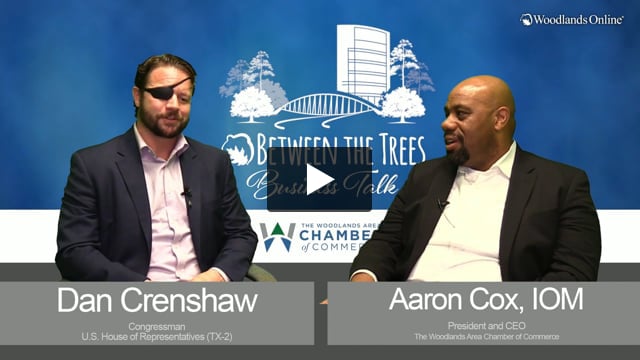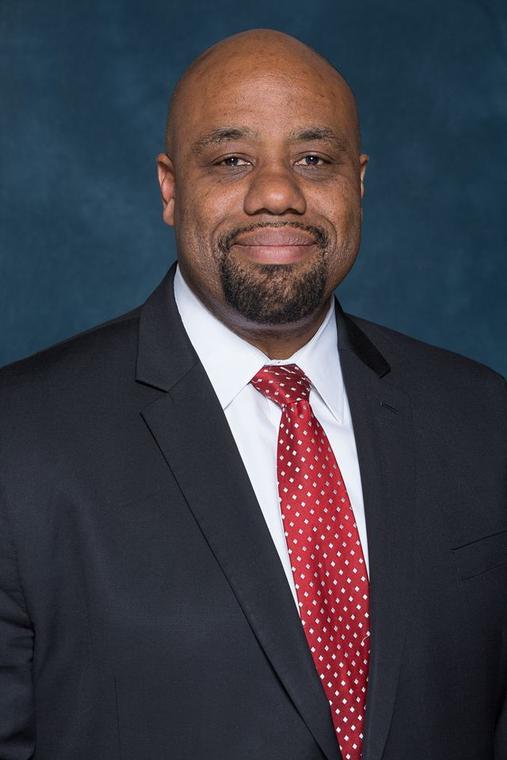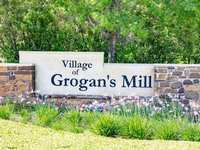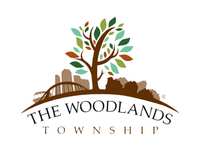- Sections :
- Crime & Public Safety
- Restaurants & Food
- Sports
- More
The Woodlands Area Chamber of Commerce Legislative Update

THE WOODLANDS, TX -- As the 89th Legislature enters the final stretch, your chamber continues to monitor and engage in critical legislation affecting the business climate and economic growth. With important votes and negotiations still ahead, we are closely watching policy relative to the priorities set forth by the board of directors.
Local Developments
Montgomery County Road Bond
- Details: A $480 million bond, evenly distributed across precincts, to fund infrastructure, mobility, and safety projects.
- Election Date: May 3, 2025.
- Resources: For details, visit Welcome to Montgomery County, Texas at https://www.mctx.org/departments/departments_q_-_z/road_bond_2025/index.php
Resiliency and Flood Mitigation
- Initiative: The San Jacinto River Authority (SJRA) recently presented its Spring Creek Flood Control Dams Feasibility Study.
- Resources: For details, visit Home - Spring Creek Feasibility Study at https://springcreekstudy.com/
State Legislation
HB 2: Funding for Students and Teacher Pay
- Funding: $8 billion to increase teacher salaries and per-student funding.
- Allocations: Raises per-student allotment by $395, from $6,160 to $6,555.
- Status: Passed the House; pending Senate approval.
School Choice
- Funding: $1 billion over two years.
- Allocations:
- $10,300–$10,900 per child.
- Up to $30,000 additional for children with disabilities.
- Up to $2,000 for home-schoolers.
- Status: Passed both Senate and House; awaiting Governor’s signature.
HJR 7: Investment in Texas Water Fund
- Proposal: Constitutional amendment to allocate a portion of state sales and use tax revenue to the Texas Water Fund.
HB 14: Texas Advanced Nuclear Development Fund
- Overview: Establishes the Texas Advanced Nuclear Energy Office under the Governor’s Office to advance nuclear energy technologies.
- Funding: Creates the Texas Advanced Nuclear Development Fund (HB 500 in the Supplemental Budget Bill) with an initial allocation of $750 million.
- Grants:
- Up to $12.5 million for initial design and location efforts.
- Up to $200 million for construction grants.
- Additional Provisions:
- Directs the Texas Workforce Commission to develop a workforce pipeline for the nuclear industry.
- Authorizes the Public Utility Commission to issue performance-based completion grants for nuclear projects connected to the ERCOT grid.
- Status: Passed the House; now under Senate consideration.
HB 149: Creation of the Texas Artificial Intelligence Council
- Purpose: Establishes a legal framework for the responsible development, deployment, and oversight of artificial intelligence (AI) systems.
- Key Provisions:
- Creates the Texas Artificial Intelligence Council to advise on AI ethics, risks, and best practices.
- Introduces consumer protections, disclosure requirements, and prohibitions on discriminatory or harmful AI practices, including bans on political censorship, social scoring, and unauthorized biometric data capture.
- Authorizes the Texas Attorney General to enforce violations with civil penalties.
- Establishes a regulatory sandbox program to foster innovation while maintaining public safety.
- Status: Effective January 1, 2026.
- Applicability: Applies to businesses and state agencies utilizing AI in Texas.
SB 14: Texas Regulatory Efficiency Office (DOGE)
- Purpose: Enhances regulatory efficiency and supports business operations.
- Objectives:
- Centralizes coordination of state agency rules under the Governor’s Office.
- Assists other agencies in identifying unnecessary and ineffective rules.
- Creates a website providing businesses with comprehensive access to regulatory information.
- Establishes mechanisms for reviewing and challenging agency rules.
- Advises agencies on streamlining regulations, reducing costs, and improving public access to regulatory information.
- Status: Signed into law, effective September 1, 2025.
Workforce and Wages
- Minimum Wage Proposals:
- Multiple bills propose raising the minimum wage to $15–$19/hour.
- No bills have advanced from committee, with ongoing debates between business coalitions and labor advocates.
- Some proposals include indexed wage floors and enhanced benefits for public employees.
- Workforce Development Proposals:
- Bills propose expanded grants for high-growth industries and incentives for employer-led training partnerships with community colleges and trade schools.
- Status: None of the bills have advanced from committee
Property Tax Reform
- Proposed Measures: In addition to the $51 billion allocated in the budget for property tax relief, lawmakers are considering companion bills that would:
- Permanently increase the homestead exemption.
- Provide relief for small commercial properties impacted by rising valuations.
- Explore long-term alternatives to property taxes, including consumption-based models.
The Chamber remains committed to advocating for policies that foster a competitive business climate and sustainable economic growth. For additional information or to engage on these issues, please contact our office.




















